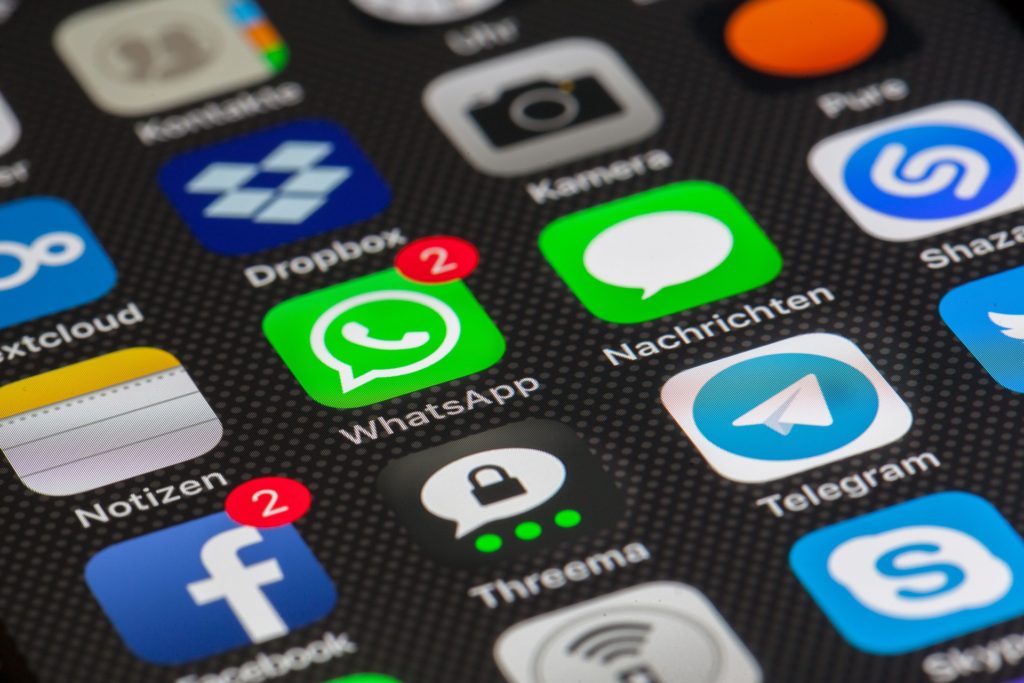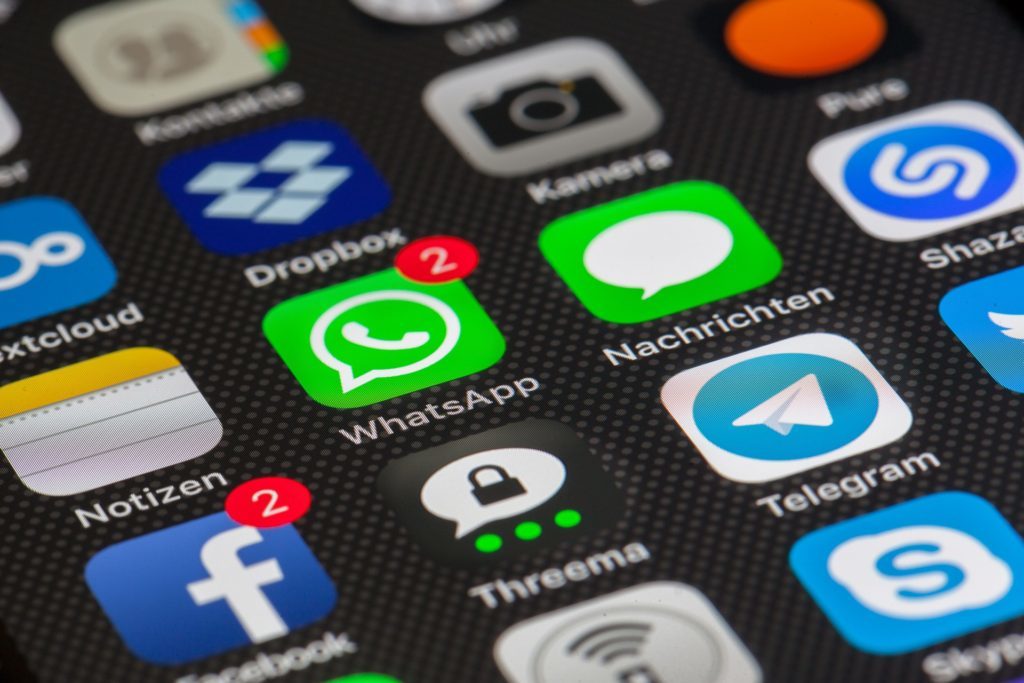
Creating and maintaining balance in life is not an easy task. The balance of structure and spontaneity, the balance of work and play, the balance of social interaction and time alone. And of course, the balance of media and social media involvement and avoidance.
It is possible to live a happy, fulfilling life without the internet, without social media, but it also possible to use these tools to enhance your life.
Disconnecting
I had the experience of spending four months away from the modernized world. I lived in Haiti, in a rural fishing village with no electricity, working for a reforestation organization. Much of my time awake was spent simply taking care of myself: walking to the market to purchase food from local farmers, building fires in our wood burning stove, preparing meals. The other time was spent planting trees, learning the local language, watering the plants on our land. And leisure time was spent having long-winded philosophical conversations, pondering questions we couldn’t just “google” the answers to.
The production of too many useful things results in too many useless people.
Karl Marx
Returning from Haiti, I experienced a massive reverse culture-shock. Things that took hours without technology took minutes with technology, which is amazing and useful, but also created a personal feeling of uselessness. I recognized the need for embracing more of a simple life, and moved to Colorado.
A Time and a Place
I resisted owning a Smartphone until 2014 as I watched everyone around me fall into what to me looked like addiction. I remember a moment two years ago, sitting in downtown casual eatery alone, eating my burrito and looking up around the room. Every single person in the room was on their phone, bartender included. What a terrible paradox, I thought, to be so connected that one becomes disconnected.
How does the internet use me, and how do I use the internet?… How is the internet dictating my behavior?
Paul Miller
One personal solution to the very real problem of overuse of the internet and social media is to adopt strict guidelines to ensure that you are in control of your media use, not the other way around.
6 Tips for Monitoring Your Media Usage:
- It can wait. As much as possible, turn your phone off and put it away when having intentional face-to-face interactions. Lunch or coffee with a friend. Make-believe time with your 5-year-old niece. Try to truly be in the moment.
- Challenge your friends. When out with friends socially, stack your phones in the center of the table. If someone touches their phone, they also pay the bill.
- No screens before bed. Don’t sleep with your phone under your pillow or next to your bed. Charge your phone in another room, or at very least, across the room from where you sleep.
- Monitor your time. Make use of apps that monitor how much time you spend wasting time on your phone.
- Build roadblocks. In short, make it harder to get distracted. Delete as many apps as possible, forcing you to access things from a computer instead. Hide apps from yourself. My time wasted on social media drastically decreased when I compiled them into a social media folder and “hid” them on the second home screen on my phone.
- Embrace other devices. Use an alarm clock. A wrist watch. A calculator. Single-function devices will keep you from getting distracted. You’re going to reach for something when your bored, so rather than a phone, or a TV remote, make the closest thing to reach for a book or a pen or tools for a creative hobby, like yarn and a crochet hook or colored pencils.
It’s Not All Bad
The internet and social media truly can help us stay connected. I try to utilize FaceTime more than Facebook to make the distance between myself and my loved ones feel smaller, rather than feel like I’m looking at them from the outside. I think the more we stay in touch with how we truly feel when we engage in social media, or surf the web, the more likely we are to maintain balance.

